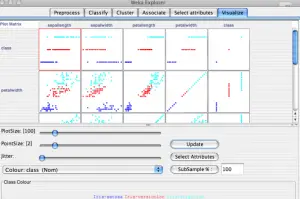1. Tableau public: it is the simplest of all the tools, and also it is the most intuitive tool for business Analytics. For this tool, programming skills are not required. It allows the data visualization which can be published to the Web. It has a disadvantage that the data remains public.
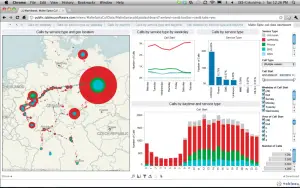
2. OpenRefine: OpenRefine was previously known as GoogleRefine. The main use of this tool is data cleaning so that the data can be processed further for analysis. This tool helps to clean the noisy data and also helps in the transformation of data. The disadvantage is that it will not be applicable for large datasets.
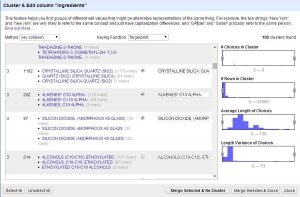
3. KNIME: This is a very good tool for Data Analytics. This tool helps to manipulate data, analysis of data and also in the modeling of data with the help of Visual Programming. The Drag and drop option for connecting various activities is an advantage for KNIME. The only disadvantage is that it has poor data visualization
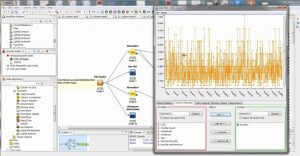
4. RapidMiner: This is the most widely used Data Analytics tool as it supports different features like visualization of data, modeling of data, use of Machine Learning Algorithms, etc. The tool is written In JAVA Language. It has different uses in the field of research and training, rapid prototyping, analysis, etc.
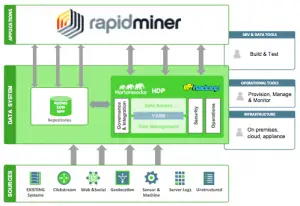
5. Google Fusion Table: This is a free open source tool. Using this tool, bigger table data can be visualized and also multiple tables can be combined so that a single visualization can be done. It also has a limitation that the total data size can’t be sent more than 1 MB in a single API call.

6. NodeXL: This tool provides accurate calculations. This tool is one of the best statistical tools which for analysis of data which includes advanced network metrics. The tool can also import various graphs in different formats.
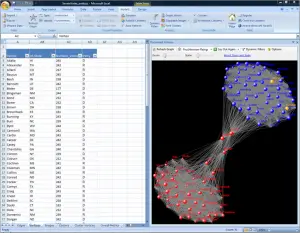
7. Wolfram Alpha: This was founded by Stephen Wolfram. This Analysis tool will help in finding the solutions for all the genuine questions by registering the appropriate responses from remotely sourced ‘curated information’. This tool has a limitation that it mainly deals with number and facts rather than viewpoints.
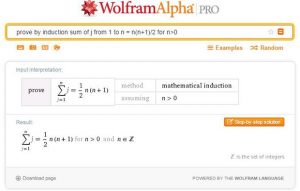
8. Excel Solver: This tool is a much more advanced optimization tool that helps in fast work of the larger number of problems. It uses a wide range of methods like linear programming, genetic algorithms, etc. to get the solutions. This tool has the disadvantage of poor scaling.
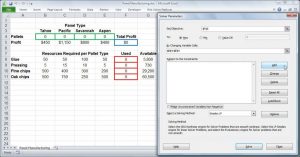
9. Dataiku DSS: This analytics tool helps the analysts to build their prototype and deliver it in a more efficient way. This tool helps in preparation of data in few seconds. This tool has some of the limitations like: it has limited capability of visualization, integration with SPARK is required, UI issues.
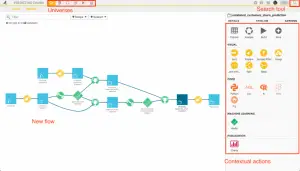
10. Weka: This has graphical UI for easy accessing. This tool helps widely in data analysis and data modeling. It has a support for many data mining operations like- clustering, data cleaning, data integration, regression, data classification, etc.
